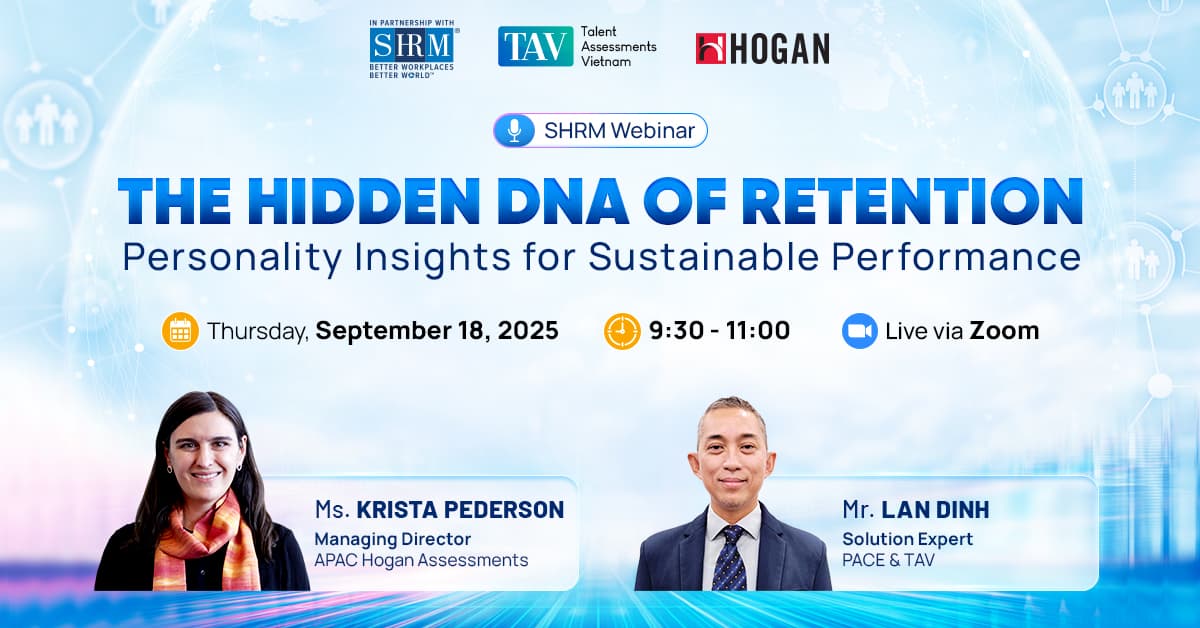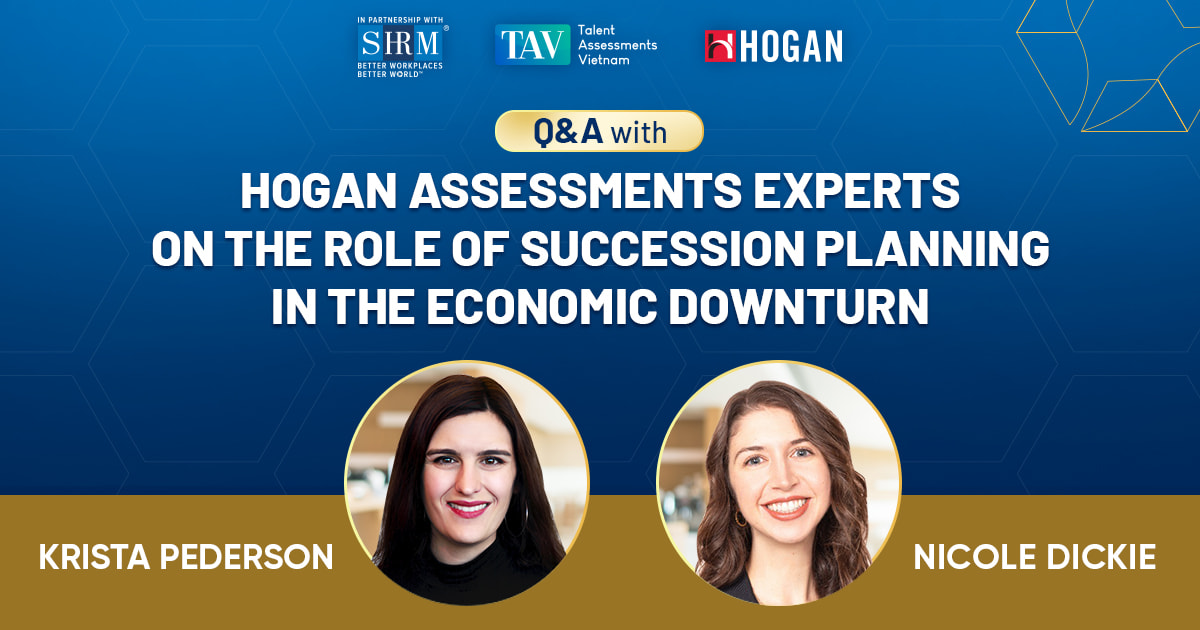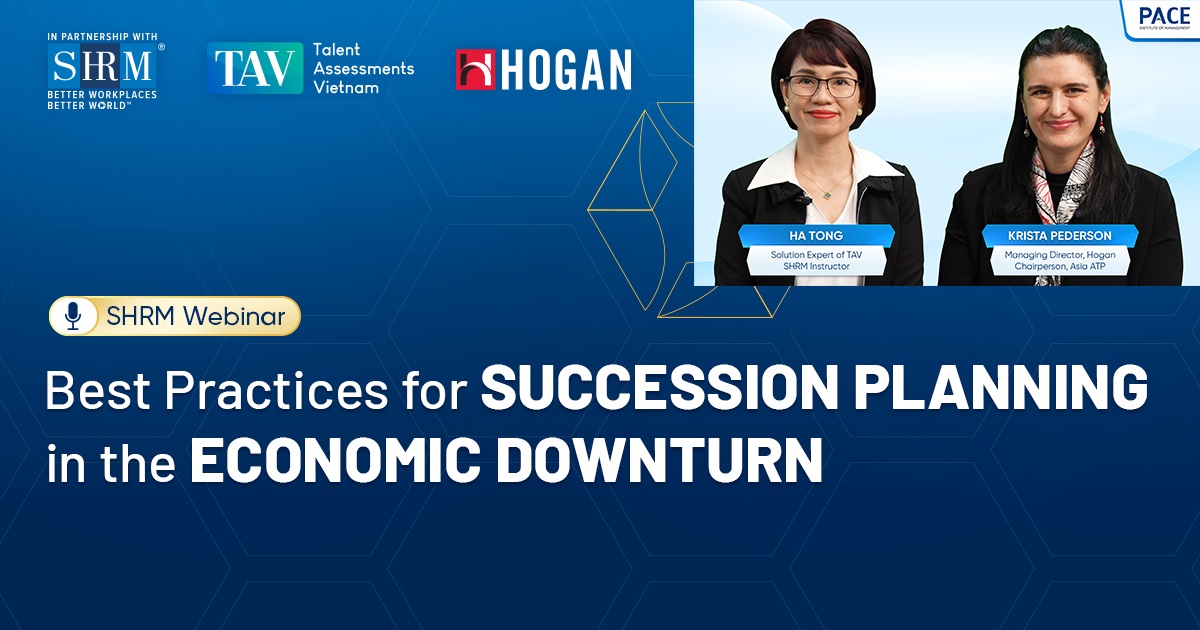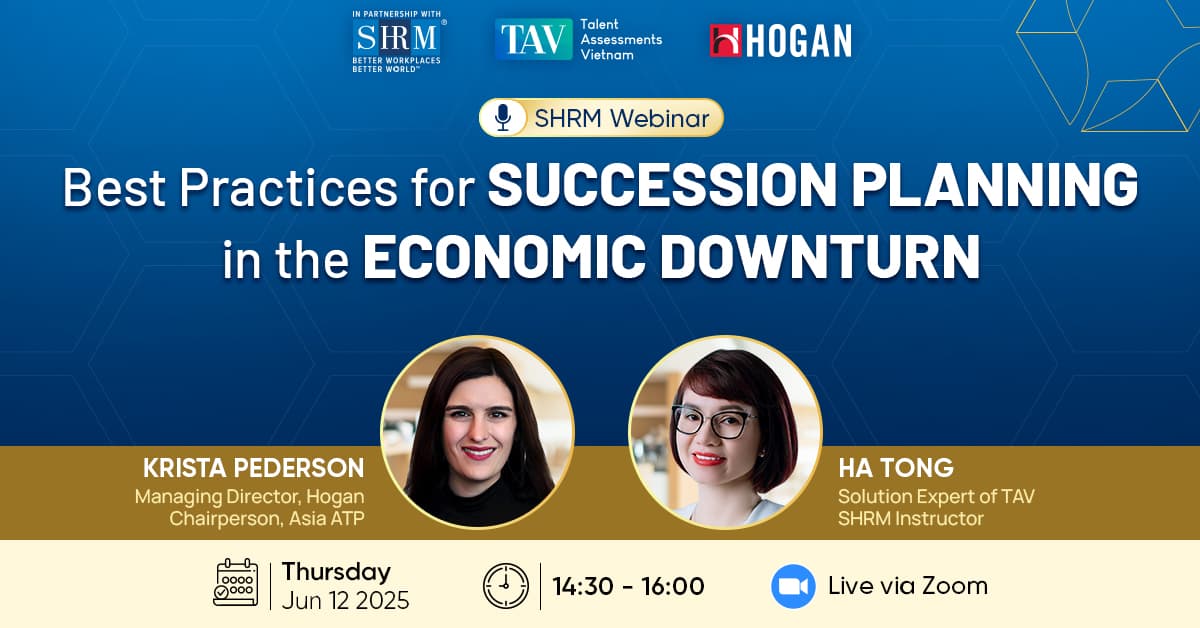7 THINGS THAT MAKE A DIFFERENCE AT WORK
The way we work is changing so significantly that our minds can’t keep up. Constant change is widespread, and workers are tasked with high demand while having low control over their environment. What’s the effect on the organization? A workforce with anxiety, burnout, sky-high stress, turnover and people checking out.
As we face unprecedented growth potential in this era of digitization, globalization, transformation, we are losing opportunity. At the root, employees lack one key skill essential for the workplace today: adaptability.
Adaptability allows an employee to be flexible and handle changing work conditions. As organizations, we need to help our workers build an agile mindset. It’s the key to building engagement. The good news: Teaching adaptability and agility is eminently learnable. The key? The science of resilience.
Resilience Builds Engagement
Resilience is the ability to positively adapt to change. As clinical studies show, it’s not an innate quality that some people have and others don’t. It’s a specific set of skills that anyone can learn:

- Emotion Control: The ability to control one’s emotions and feelings in the midst of adversity and stressful situations—a skill that’s fundamental to staying engaged and focused under pressure.
- Impulse Control: The physical counterpart of emotion control. The ability to control one’s behaviors and remain goal focused under stress and adversity.
- Active Problem Solving: Critical thinking and problem solving so that you don’t make the same mistakes again and again.
- Self-Efficacy: The belief in yourself that keeps you going even under adverse situations where your skills are tested.
- Realistic Optimism: The ability to be realistic about the situation while striving to achieve results.
- Empathy: The ability to see things from someone else’s perspective and to relate to other people—extremely important in teamwork and leadership.
- Reaching out: The ability to reach out and grab hold of opportunity and to make meaningful connections that support you through challenge and adversity.
These seven resilient behaviors help people stay engaged. Why? The science is clear: It’s not just about how we manage through adversity but how we look for the opportunity in adversity and turbulence. Resilient people can relate to others and use social networks as buffers against stress. They show high levels of initiative, are willing to try new things and involve others in their work.
Engagement isn’t just about surveying people. The way to enlist people is to get personal: It means offering personally meaningful skill development—for everyone. People need to have a stake in their own change. But we can’t address this with posters and polls; it has to start for each of us from within.
Stop bracing for change. Be the art of the change. All that spells engagement.
|
Training Program
INTERNATIONAL HUMAN RESOURCE MANAGEMENT/IHRM
Internationalize the human resource management capabilities of HR professionals in Vietnam
Opening Date: Stember 13, 2018 in HCMC
Opening Date: Stember 20, 2018 in Hanoi
|








